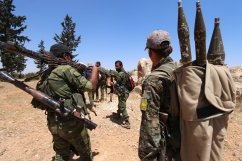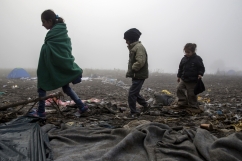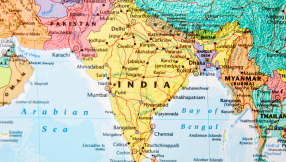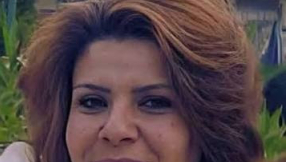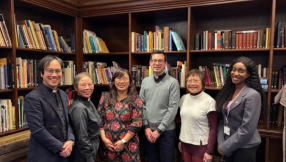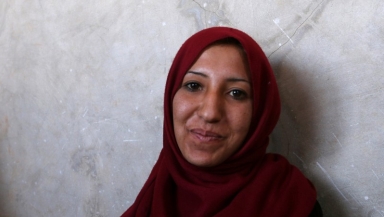
When US-backed forces seized Souad Hamidi's village in northern Syria from Islamic State last week, the 19-year-old swiftly tore off the niqab she had been forced to wear since 2014 and smiled.
"I felt liberated," Hamidi told Reuters after swapping her black face-covering veil for a red head scarf. "They made us wear it against our will so I removed it that way to spite them."
For the last two weeks, the Syria Democratic Forces (SDF), supported by US-led air strikes, have waged an offensive against the Islamic State-held city of Manbij, near the Syria-Turkey border.
The SDF have been cutting off routes into Manbij, encircling the city by seizing outlying villages like Hamidi's, Am Adasa.
Hamidi said she woke up one morning to hear that the SDF, which includes the Kurdish YPG militia and Arab fighters, had arrived in her village.
"We saw (SDF) fighters behind our house, digging to station their snipers, we thought they were Daesh (Islamic State) fighters, who were still inside the village," she said.
"We left, fearing we would be used as human shields during air strikes," she said. The family later returned once SDF fighters had pushed out remaining Islamic State forces.
Am Adasa had been under the militants' control since 2014, when Islamic State proclaimed its caliphate straddling Syria and Iraq. The governments of Syria and Iraq have launched offensives on other fronts against the group.
Under Islamic State, life was strictly regulated, Hamidi said, including dress codes.
"They would punish people who did not follow their rules, sometimes forcing them to stay in dug-out graves for days," she said. "Since they (SDF) took control, we are living a new life."
Sitting in her family home, Hamidi said she still fears Islamic State may return one day.
"I want to erase Daesh from my memory," she said. "I hope every area controlled by Daesh is liberated, that people are free of them and can live like we do now."










